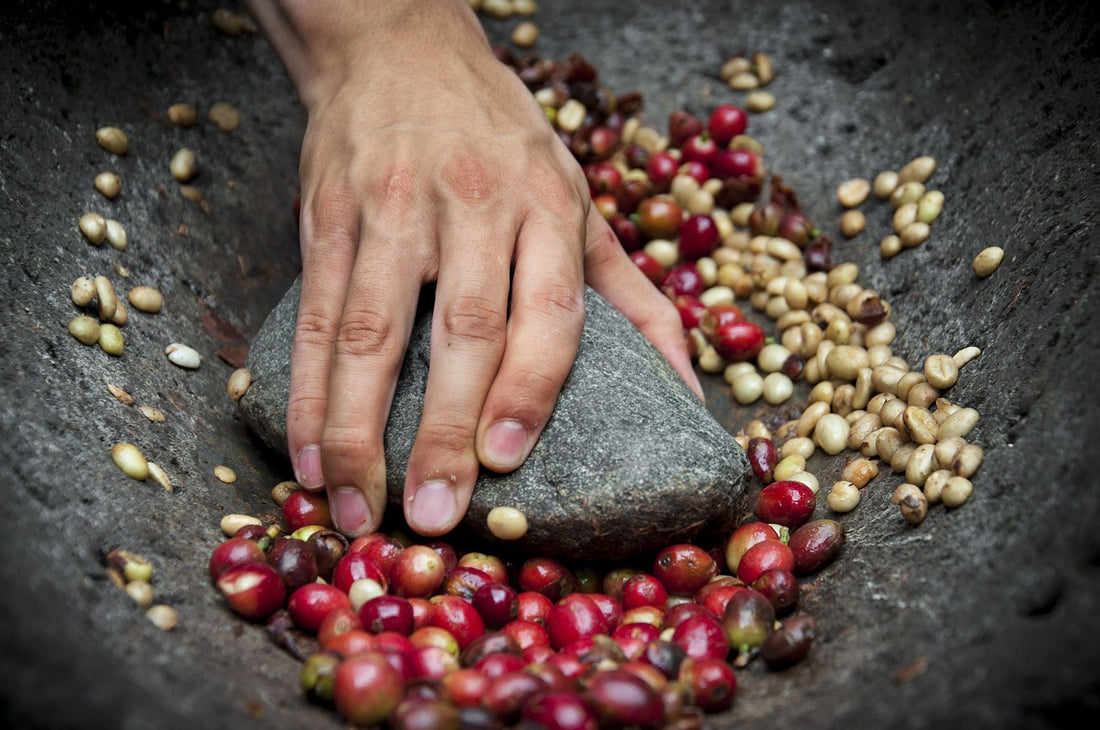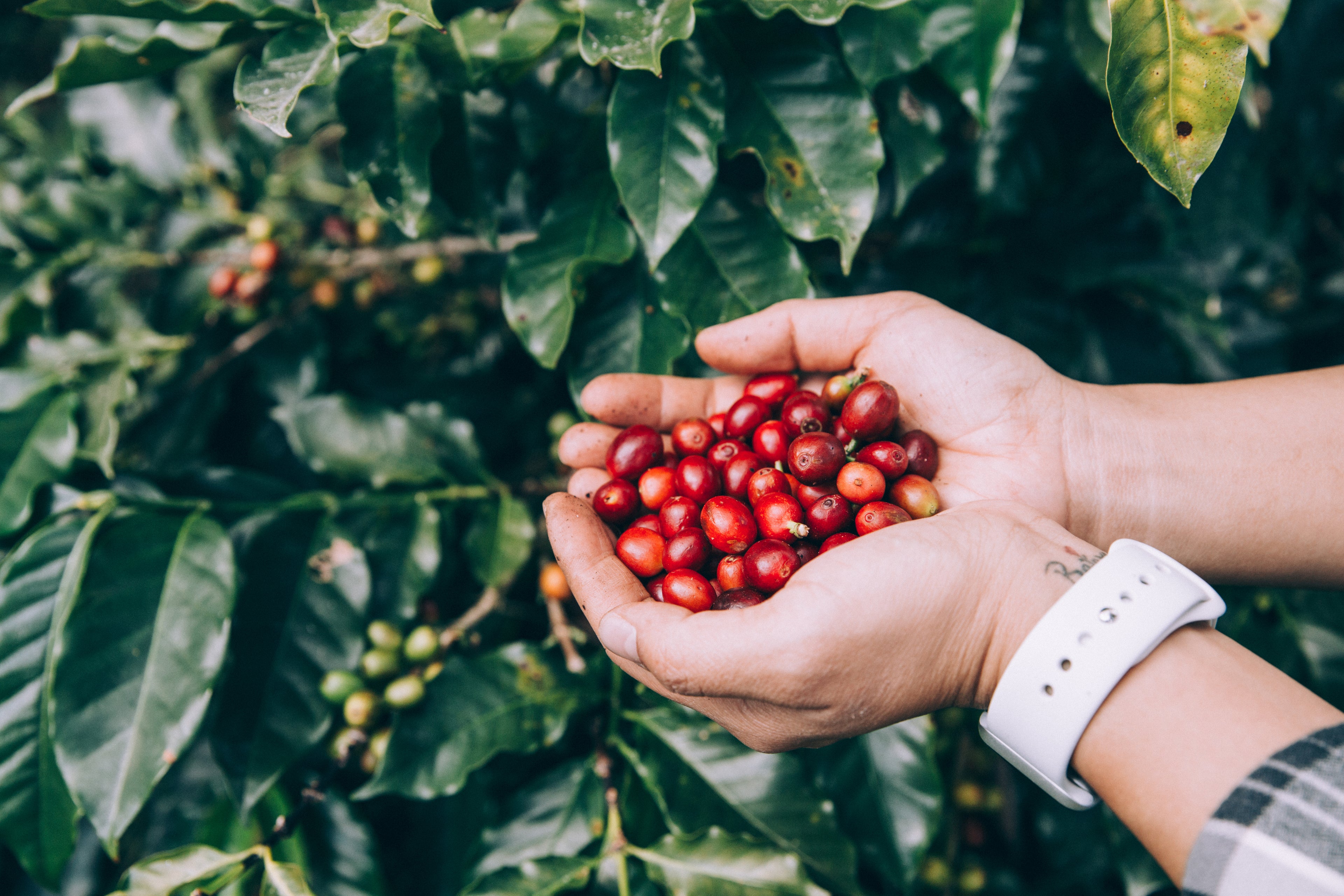
Exploring Sumatran Coffee: History and Flavors
Sumatran coffee, grown on one of the largest islands in Indonesia, boasts a fascinating history and a variety of flavors that distinguish it in the world of specialty coffee.
History of Coffee in Sumatra:
The history of coffee in Sumatra dates back to the Dutch colonial era in the 17th century. The Dutch introduced the Arabica coffee variety to the region, marking the beginning of a coffee industry that has thrived over the centuries. Today, Sumatra is known for its high-quality Arabica coffee, primarily grown in the highlands of the island.
Characteristic Flavor Profiles:
Sumatran coffee is distinguished by its unique and complex flavor profiles. Sumatran coffee beans typically have a heavy body and mild acidity. Earthy, herbal, and sometimes spicy flavors are common in this coffee, along with notes of dark chocolate, tobacco, and tropical fruits. These distinctive characteristics are the result of various factors, including the tropical climate, volcanic soil, and traditional processing methods such as wet fermentation and sun drying.
Recommendations for Outstanding Sumatran Coffees:
- Gayo Coffee: Hailing from the Aceh region in Sumatra, this coffee is grown on the slopes of the Gayo Mountains. It is characterized by its full body, earthy notes, and a sweet, almond-like flavor. Gayo Coffee is organic and produced using sustainable farming methods, making it a popular choice among ethically-minded coffee enthusiasts.
- Mandheling: One of the most famous coffees from Sumatra, Mandheling is cultivated in the Mandailing region in northern Sumatra. This coffee is known for its complex flavor profile, which includes notes of herbs, chocolate, and a smooth, spicy finish. Mandheling is often processed using the "Giling Basah" (wet hulling) method, which gives it its characteristic earthy flavor and heavy body.
- Lintong: Produced in the Lintong region of Sumatra, this coffee is prized for its balanced acidity, dense body, and flavors ranging from citrus to spices. Lintong coffee is grown at lower altitudes than other Sumatran coffees, giving it a unique character and distinctive sweetness. This coffee is primarily processed using the "Giling Basah" method, which emphasizes its body and reduces its acidity.
Conservation of Biodiversity in Sumatra: Coffee and Orangutans
Sumatra, home to a rich coffee heritage, also harbors unique biodiversity, including an endangered population of orangutans. Preserving these primates and their habitat is crucial for the survival of the island's ecosystem.
Impact of the Coffee Industry on Conservation:
Coffee production in Sumatra is closely linked to environmental conservation. Many coffee producers have committed to adopting sustainable agricultural practices that protect tropical forests and wildlife, including orangutans. These practices include protecting natural forests, reforestation, and implementing cultivation methods that minimize environmental impact.
The Role of Consumers:
Coffee consumers can play an important role in orangutan conservation by choosing sustainably grown Sumatran coffees. By opting for products certified as organic or fair trade, consumers support producers who are committed to environmental conservation and wildlife welfare.
Promoting Conservation:
In addition to directly supporting sustainable coffee producers, consumers can contribute to orangutan conservation by raising awareness of the importance of habitat protection and biodiversity in Sumatra. Sharing information about the connection between coffee production and conservation can inspire others to make responsible purchasing decisions and support conservation initiatives.
By making informed decisions about the coffee we consume, we can be part of a broader movement to protect biodiversity and preserve ecosystems in Sumatra and beyond.


